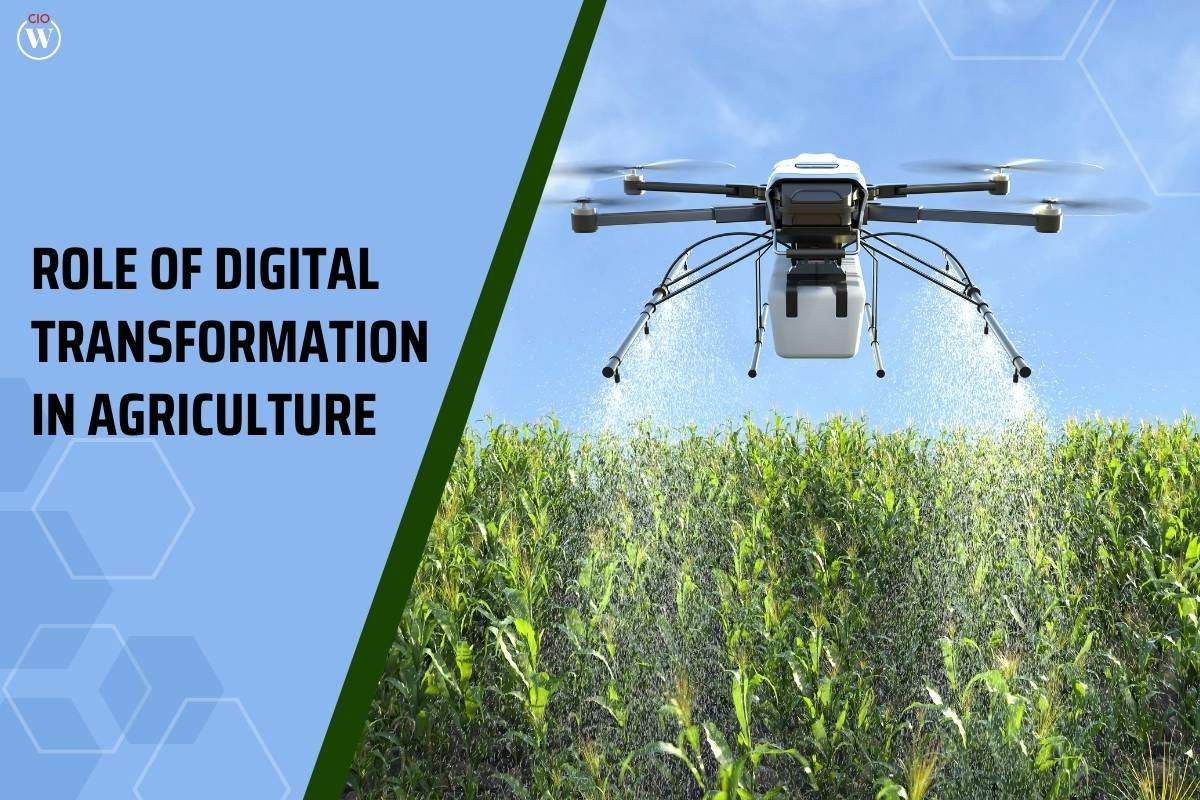The world of cryptocurrency has experienced a rise over the past decade, with Bitcoin leading the way as the pioneer and poster child of this digital financial revolution. However, as we stand on the cusp of a new era, it’s time to peer into the crystal ball and explore the amazing predictions that are set to shape the future of cryptocurrency in the next decade.
Here are 10 Predictions about the Future of Cryptocurrency that Will Blow Your Mind:
1. Mass Adoption Will Become a Reality
One of the most exciting predictions for the future of cryptocurrency is the widespread adoption it will experience in the next decade. While Bitcoin has already made significant inroads, many other cryptocurrencies are gaining traction as well. As governments and traditional financial institutions continue to embrace digital assets, more people will start using cryptocurrencies for everyday transactions.
This mass adoption will be fueled by the development of user-friendly wallets, decentralized applications, and improved security measures. As a result, cryptocurrencies will become a mainstream form of payment, alongside traditional fiat currencies. In the next decade, you might be paying for your morning coffee with Bitcoin or using a stablecoin for international remittances without giving it a second thought.
2. Central Bank Digital Currencies (CBDCs) Will Proliferate
Governments around the world are recognizing the potential of digital currencies, and many are exploring the creation of their own Central Bank Digital Currencies (CBDCs). These government-backed digital currencies are expected to play a pivotal role in the future of cryptocurrency.

CBDCs are likely to coexist with existing cryptocurrencies, providing a bridge between traditional financial systems and the crypto world. They will offer the benefits of blockchain technology, such as transparency and security while maintaining the stability and trust associated with government backing. The widespread adoption of CBDCs will further legitimize the entire cryptocurrency ecosystem.
3. Blockchain Technology Will Revolutionize Industries
Blockchain technology, the underlying technology behind cryptocurrencies, has far-reaching implications beyond the financial sector. In the next decade, we can expect to see blockchain revolutionize various industries, including healthcare, supply chain management, and voting systems.
In healthcare, blockchain can enhance data security and interoperability, enabling patients to have greater control over their medical records. Supply chain management will benefit from increased transparency and traceability, reducing fraud and ensuring the authenticity of products. Additionally, blockchain-based voting systems have the potential to increase election integrity and participation.
4. Decentralized Finance (DeFi) Will Disrupt Traditional Banking
Decentralized Finance, often referred to as DeFi, has gained significant momentum in recent years and is poised to disrupt traditional banking systems in the next decade. DeFi platforms offer a wide range of financial services, such as lending, borrowing, and trading, without the need for intermediaries like banks.
DeFi protocols are built on blockchain technology, providing greater transparency and security compared to traditional financial institutions. As these platforms continue to mature and gain users’ trust, they will siphon off market share from traditional banks, forcing them to adapt or face obsolescence.
5. NFTs Will Revolutionize Ownership and Creativity
Non-fungible tokens (NFTs) have already taken the art and entertainment worlds by storm, but their potential goes far beyond digital art. NFTs represent unique ownership rights and can be applied to a wide range of assets, including real estate, collectibles, and even educational certificates.
In the next decade, we can expect to see NFTs disrupt traditional notions of ownership. They will enable fractional ownership of high-value assets, making it easier for individuals to invest in real estate or rare collectibles. NFTs will also empower artists, musicians, and content creators to monetize their work directly, without the need for intermediaries.
6. Enhanced Security Measures
As the cryptocurrency ecosystem grows, so do the security challenges. Hacks, scams, and fraud have been ongoing issues in the industry. However, in the next decade, we can anticipate significant improvements in security measures.

The development of quantum-resistant cryptography will protect cryptocurrencies from future threats posed by quantum computers. Multi-factor authentication and biometric security measures will become standard, making it more difficult for malicious actors to access users’ funds. Furthermore, regulatory frameworks will continue to evolve to provide better protection for cryptocurrency investors.
7. Interoperability and Cross-Chain Solutions
When we talk about the future of cryptocurrency, interoperability between different blockchain networks will become a key focus. Currently, most cryptocurrencies operate on separate blockchains, limiting their ability to interact with one another. However, various projects are already working on cross-chain solutions that will enable seamless communication between different blockchain ecosystems.
Interoperability will facilitate the transfer of assets and data between different blockchains, making it easier for users to access a broader range of services and assets. This will also pave the way for more efficient and cost-effective decentralized exchanges, where users can trade assets across different blockchains without the need for centralized intermediaries.
8. Environmental Concerns Will Be Addressed
One of the criticisms frequently leveled against cryptocurrencies, particularly Bitcoin, is their environmental impact due to energy-intensive mining processes. In the next decade, we can expect significant efforts to address these concerns.
Many cryptocurrency projects are already exploring alternative consensus mechanisms that are more energy-efficient than Proof of Work (PoW). These alternatives, such as Proof of Stake (PoS) and delegated PoS, require significantly less energy to secure the network. Additionally, the adoption of renewable energy sources for mining operations will reduce the carbon footprint of cryptocurrencies.
9. Increased Regulation and Taxation
As cryptocurrencies become more ingrained in the global economy, governments will continue to implement regulations and taxation measures. This increased oversight is aimed at curbing illicit activities and ensuring compliance with existing financial laws.

While some in the crypto community may resist regulation, it can also provide a level of legitimacy and security for investors. Clearer tax guidelines will also make it easier for individuals and businesses to report their cryptocurrency holdings and transactions accurately.
10. Cryptocurrency Becomes a Store of Value
Bitcoin has often been compared to digital gold, and in the next decade, this comparison may become even more relevant. As cryptocurrencies gain broader acceptance, they will increasingly serve as a store of value and a hedge against inflation.
With their finite supply and inherent scarcity, cryptocurrencies like Bitcoin are seen as a hedge against traditional fiat currencies that can be subject to inflationary pressures. Investors seeking to preserve their wealth may turn to cryptocurrencies as a reliable store of value, similar to how individuals have historically turned to gold in times of economic uncertainty.
Conclusion
In conclusion, the future of cryptocurrency is full of exciting possibilities. Mass adoption, the proliferation of CBDCs, and the continued development of blockchain technology are just a few of the amazing predictions that will shape the next decade. As the cryptocurrency ecosystem matures, it will not only disrupt traditional financial systems but also revolutionize various industries and redefine concepts of ownership and value. However, these advancements will come with their own set of challenges, including security concerns and regulatory changes. It’s essential for individuals and businesses to stay informed and adapt to the evolving landscape to make the most of the amazing future that awaits in the world of cryptocurrency.









